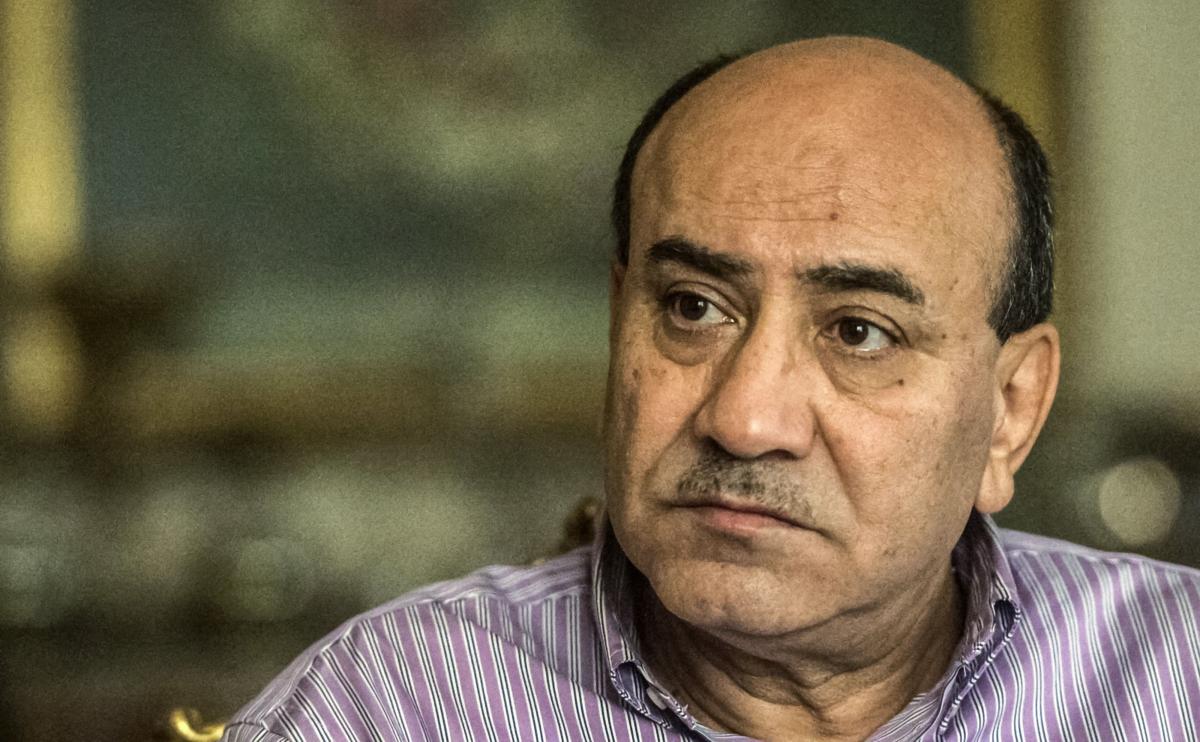NEAR BAGHOUZ, Syria: Kurdish-led forces battled militants defending their last village on Saturday as the operation to flush out Daesh from eastern Syria resumed after days of humanitarian evacuations.
The US-backed Syrian Democratic Forces (SDF) pushed into Baghouz, a tiny hamlet near the Iraqi border where Daesh militants are making a desperate last stand.
As the sun rose above the palm trees lining the Euphrates River, the crackle and thud of gunfire and shelling echoed across the farmland while SDF artillery units could be seen taking up positions, AFP journalists near the front line reported. An SDF officer said he saw fighters moving between empty buildings and a makeshift camp on the edge of the village where it is feared civilians might still be hunkered down.
“The fighting is intense at the moment,” the officer said. “Our forces are advancing from two directions.”
The SDF announced the launch of an assault on Daesh’s last redoubt late on Friday after a week-long exodus that saw thousands of people flee the enclave dried up.
While Daesh militants, who have been besieged for weeks in an ever-shrinking pocket, are vastly outgunned, their use of tunnels, booby traps and suicide bombers is hampering the SDF advance.
“We can’t put a time frame on this battle — two weeks, three weeks or a week — it will depend on the surprises we get along the way,” SDF spokesman Adnan Afrin said.
“Those who have not surrendered by now will meet their fate there,” he said.
Most of the more than 50,000 people who left the very last rump of the Daesh proto-state in recent weeks were women and children.
Some of the evacuees however were suspected fighters either surrendering to the SDF or attempting to slip back into civilian life.
The militants are cornered in a bend of the Euphrates, with Syrian regime forces and their allies on the west bank of the Euphrates blocking any escape across the river and Iraqi government forces blocking any move downstream.
The Syrian Observatory for Human Rights monitoring group said seven Daesh militants were shot dead by Syrian forces.
Only a few dozen people were evacuated by the SDF on Friday in the smallest convoy in days, prompting the Kurdish-led force to close the humanitarian window and resume their offensive.
The assault will deal a final death blow to Daesh supremo Abu Bakr Al-Baghdadi’s caliphate, which was proclaimed in mid-2014 and once covered territory larger than Britain. At its peak, the militants’ proto-state covered large parts of Iraq and Syria, administered millions of people, minted its own currency, levied taxes and produced its own textbooks.
It effectively collapsed in 2017 when Daesh lost major cities such as Mosul and Raqqa following massive offensives by government armies and their respective international allies in both countries.
While the last remains of Daesh’s statehood experiment are about to disappear, the group remains a potent force in both Syria and Iraq, where it carries out deadly attacks.
Its brutal legacy is still raw and the scope of the atrocities committed under its rule continues to emerge, even in areas where its fighters were defeated long ago.
The SDF this week announced that yet another mass grave was discovered, this time near Baghouz, and that the severed heads of women were found in it.
While the victims were not immediately identified, local fighters believe the executed women are likely to be members of the Yazidi community.
The mostly Iraq-based religious minority are considered heretics by Daesh, which tried to exterminate them in 2014 with massacres that were among the reasons the United States intervened militarily.
Many of the thousands of women abducted and enslaved by Daesh then are still missing today and it is feared some may still be held captive in Baghouz.
Nadia Murad, the current laureate of the Nobel Peace Prize and herself an Iraqi Yazidi who was kidnapped and raped, urged the US-led coalition backing the SDF to help secure their safe return.
“The Global Coalition to Defeat Daesh must have a plan to help rescue Yazidis that are still missing,” she said in a statement Friday.
Some of them managed to slip out with the thousands of civilians who were evacuated over the past 10 days.






